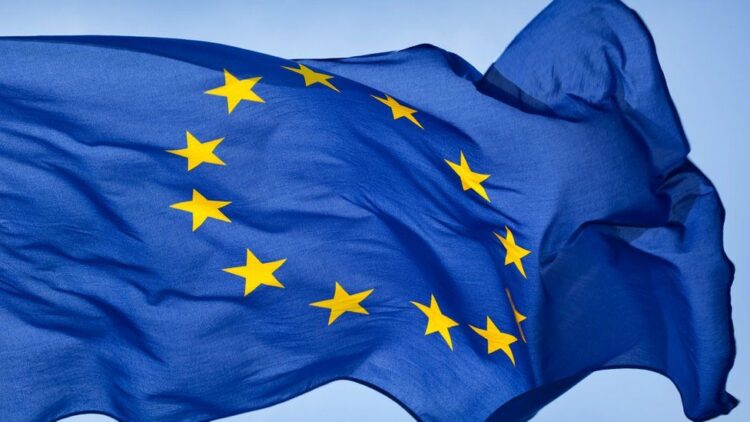The European Council has unveiled its 14th package of sanctions, focusing on crypto providers outside Europe that support Russia’s defense-industrial base.
This latest round of measures aims to tighten restrictions on key sectors of the Russian economy, including energy, finance, and trade.
According to a press release, the Council has imposed new restrictive measures on 116 additional individuals and entities involved in activities that undermine Ukraine’s territorial integrity, sovereignty, and independence. A significant aspect of this package is the ban on transactions involving crypto providers established outside the EU, part of a broader effort to crack down on sanctions evasion.
Josep Borrell, High Representative for Foreign Affairs and Security Policy, stated,
“Our sanctions have already significantly weakened the Russian economy and prevented Putin from accomplishing his plans to destroy Ukraine, although he still continues the illegal aggression targeting civilians and civilian infrastructure.”
The measures specifically target entities facilitating transactions that support Russia’s defense sector, particularly those involved in exporting, supplying, selling, transferring, or transporting dual-use goods, sensitive items, battlefield goods, firearms, and ammunition to Russia.
Notably, following its passage of the landmark Markets in Crypto Assets (MiCA) regulatory framework, the EU has been increasingly scrutinizing the crypto industry.
The European Council and Parliament’s agreement, in January 2024, announced new anti-money laundering rules for cryptocurrency firms. These rules, pending final approval, will require crypto firms to conduct more stringent customer checks, especially for transactions of €1,000 or more. They also focus on self-hosted wallets to prevent the use of cryptocurrencies for illegal activities.
Meanwhile, the EU Innovation Hub for Internal Security recently published a report condemning the use of privacy coins and cryptocurrency mixers, pointing out the significant hurdles they present for regulation and law enforcement. According to the report, these tools obscure transaction trails, making it nearly impossible to track illicit activities.
The cross-country collaborative agency, however, advocated for a balanced regulatory approach. It emphasized the need to address security concerns without hindering technological innovation.
If you want to read more news articles like this, visit DeFi Planet and follow us on Twitter, LinkedIn, Facebook, Instagram, and CoinMarketCap Community.
“Take control of your crypto portfolio with MARKETS PRO, DeFi Planet’s suite of analytics tools.”





















